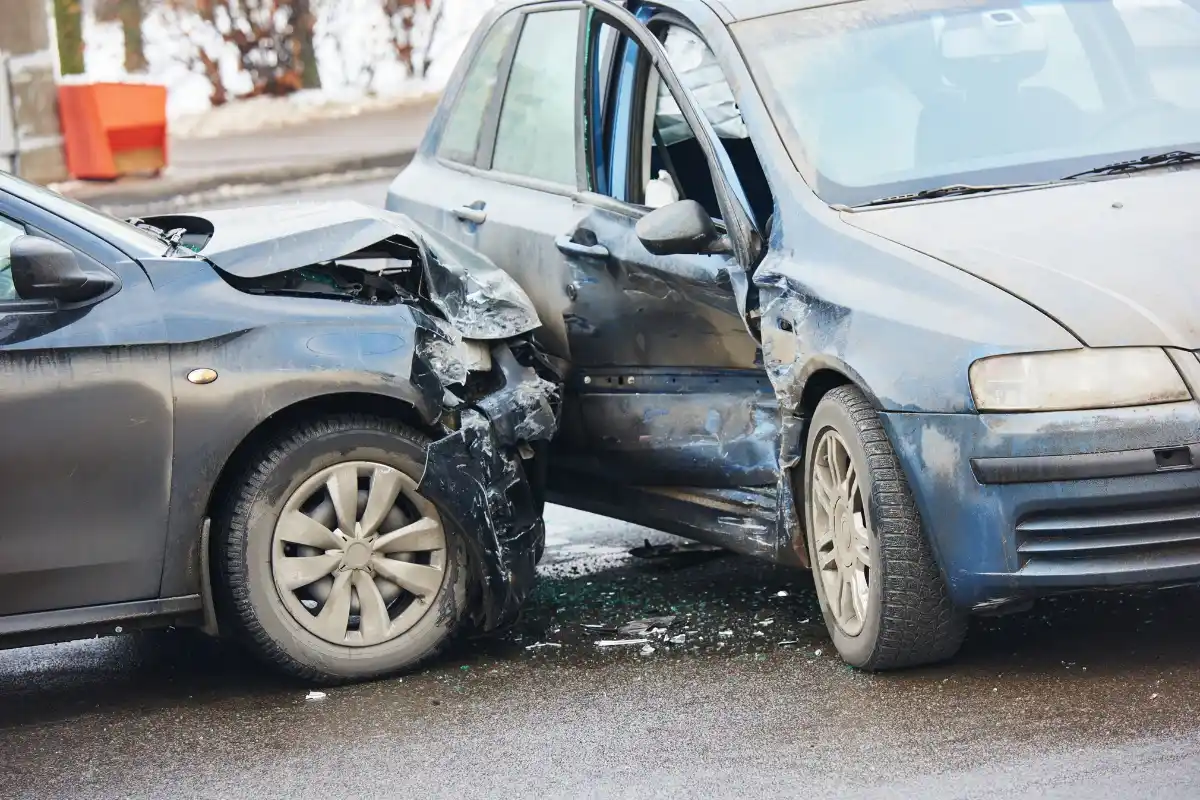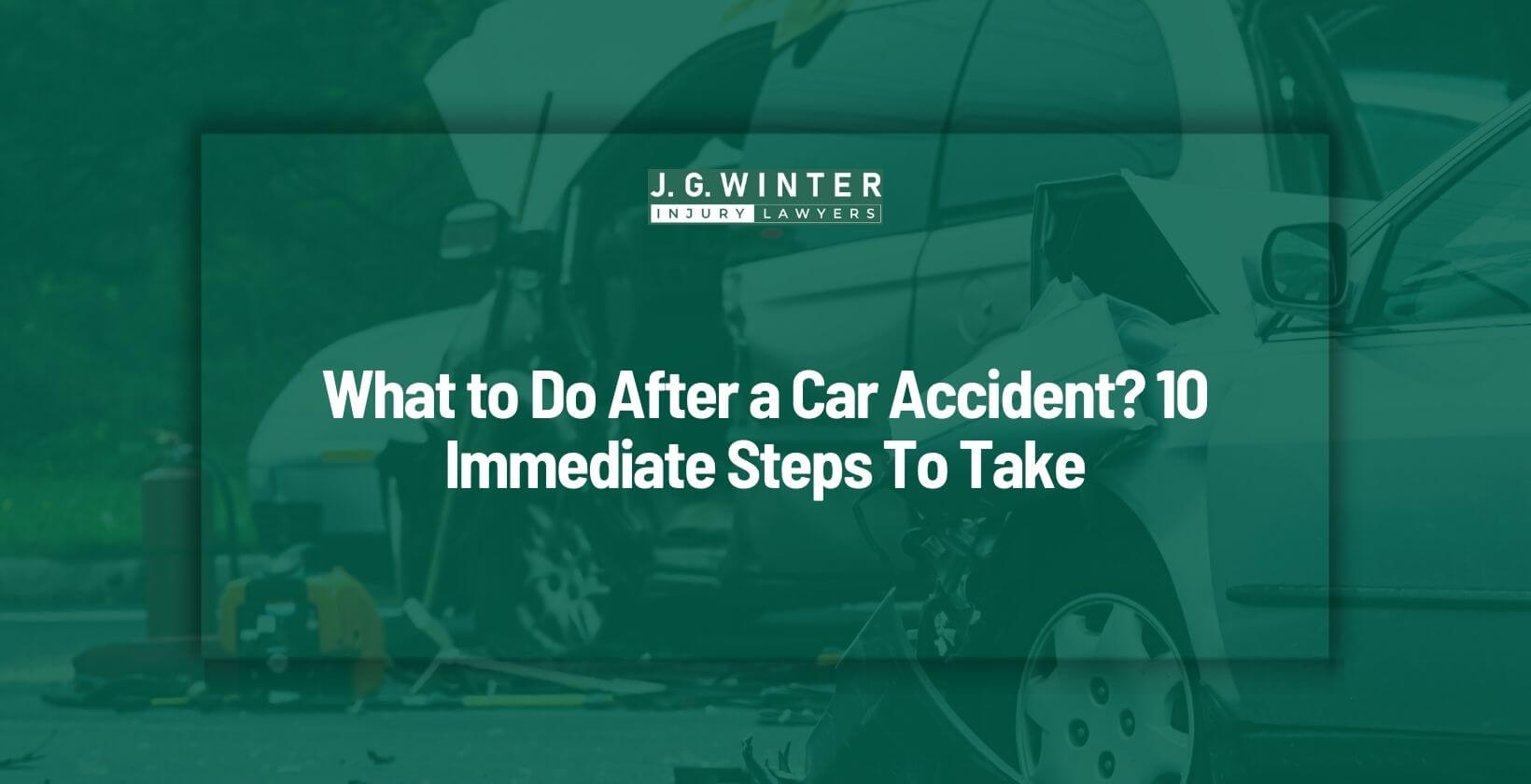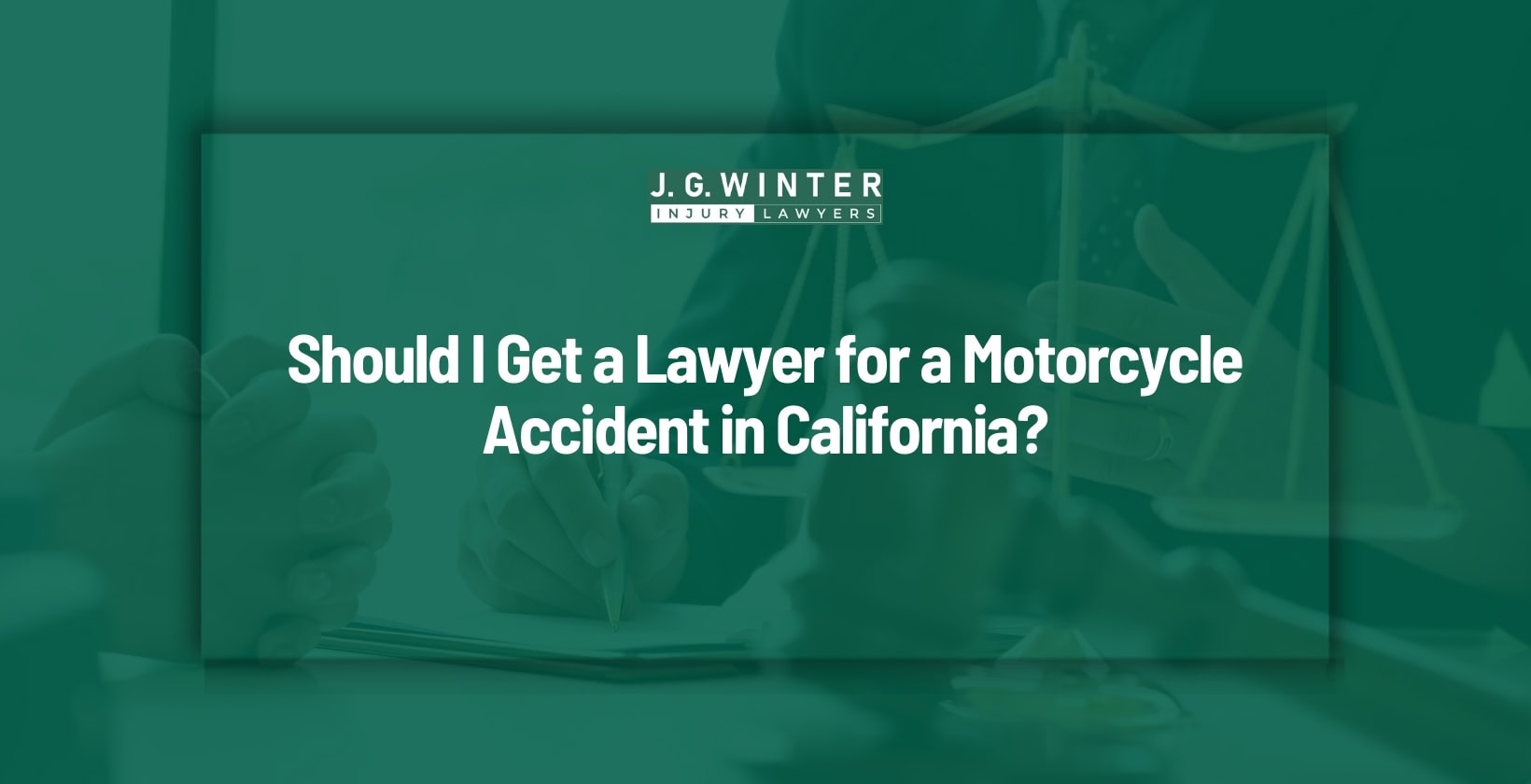Have you recently been involved in a car accident? Going through the insurance claims to secure the compensation you deserve can be complicating, potentially delaying your recovery and disrupting your daily routine. However, you’re not alone.
Our Sacramento car crash lawyers will guide you through the car accident compensation process, address your key concerns and offer practical advice to alleviate your stress and help you move forward.
What is car accident compensation?
Car accident compensation is the financial settlement the responsible party or insurance company gives to a victim. The compensation should cover the cost and impact of the injuries in a person’s life, present and future.
Damages you can claim
You may be entitled to financial compensation, often called “damages,” to cover your losses and help in your recovery. Here are the types of damages you can pursue in your car accident case for recovery:
Economic damages
These refer to financial losses and can be proven by receipts, bills, and other documentation. They include:
Medical Expenses: Costs for medical treatment, hospitalization, medication, therapy, and rehabilitation.
Property Damage: Repair or replacement costs for your vehicle and any personal property that was damaged in the accident.
Lost Wages: Compensation for the income you lost due to being unable to work during your recovery.
Non-economic damages
Non-economic damages cover subjective losses, and their exact monetary value cannot be easily quantified. The damages include:
Pain and Suffering: the damage compensates for the physical pain and emotional distress caused by a car accident. This includes ongoing discomfort, mental anguish, anxiety, and reduced quality of life, as well as the emotional impact of enduring long-term injuries or changes in appearance.
Loss of Enjoyment: The damage compensates for the loss of companionship, affection, comfort, and other aspects of the marital relationship due to injuries sustained in the accident.
Punitive damages
Punitive damages are rarely awarded. However, courts may award these damages in cases where the at-fault party acted recklessly or with intentional malice. These damages aim to punish the driver and deter similar dangerous behavior in the future.
Factors that affect car accident compensation in California
Compensation isn’t given out arbitrarily. It’s carefully determined based on specific factors. Here are some aspects that can impact your car accident compensation claims in California:
“At-fault” liability system
California follows an “at-fault” liability system. This means the person whose fault led to the accident is responsible for compensating the injured party. While claiming insurance, the victim should be able to prove that the other party’s negligence caused the accident and corresponding injuries.
Comparative negligence
In California, the state follows “a pure comparative negligence” law. This rule allows you to claim compensation even if you are partly at fault for an accident. But, your car crash compensation will be deducted proportionally to the fault. For instance, if you are 40% at fault for an accident, you will only get 60% recovery amount. Determining fault accurately requires credible evidence.
Statues of limitation
The statute of limitations is a key legal deadline for filing a compensation claim after a car accident. It ensures claims are made promptly while evidence remains fresh and reliable.
In California, you generally have two years from the accident date to file a claim. However, this deadline is shortened to six months if a government entity is involved. For minors, the timeline is paused until they reach 18.
Missing this deadline may result in losing your right to an accident compensation claim.
Insurance coverage
In California, drivers are required to carry minimum liability insurance coverage to drive a vehicle legally. The mandatory coverages include:
- $15,000 for bodily injury or death per person.
- $30,000 for total bodily injury or death per accident if multiple people are injured.
- $5,000 for property damage per accident.
These requirements help drivers cover costs for damages and injuries they might cause in an accident. However, it’s crucial to understand that these minimum coverages may not suffice, particularly in severe accidents. If the cost of your damages exceeds the at-fault driver’s insurance limits, they are personally responsible for the remaining balance. You can seek compensation directly from their personal assets, such as savings or property, to cover the difference.
Low insured or no insured driver
Although California law mandates drivers to carry liability insurance, some may still be uninsured. If you met with an accident caused by an uninsured driver, you can file a lawsuit to recover compensation. However, you’ll only receive payment if the at-fault driver has enough assets to compensate for your car accident.
To protect yourself in such situations, you can get an uninsured motorist coverage. This is optional insurance that covers your costs if you’re hit by an uninsured driver. It acts as a safety net, protecting you financially if the at-fault driver doesn’t have insurance.
Severity of injuries
The severity of injuries significantly affects the outcomes in damage claims. Typically, courts grant higher settlements for severe injuries like head trauma, disfigurement, spinal injuries, and permanent scarring. These monetary awards tend to be substantially larger than those for minor injuries.
Availability of evidence
You must prove the other party’s negligence to receive compensation after a car accident. This can be challenging, especially for injuries that aren’t immediately apparent. To support your car crash claim, you need to gather evidence like photos, witness statements, videos, medical records, and police reports. Without strong evidence, you may not receive the full compensation you deserve.
Get professional legal help for your car accident compensation
At J.G. Winter Law, our attorneys have extensive experience handling car accident cases. However, the claims process can be complex and stressful, with insurance companies often trying to minimize payouts.
An experienced car accident attorney can guide you through the legal process, protect your rights, and fight for maximum compensation for your injuries and losses.
At J.G. Winter Law, we have attorneys experienced in car accident cases. We understand the intricacies of proving fault and negotiating with insurance companies to ensure you receive the compensation you deserve.
Don’t worry about upfront legal fees—we work on a contingency basis, meaning you only pay us if we win your case. Contact us today for a free consultation to discuss your options and start your journey toward recovery.
Schedule a free consultation at J.G. Winter Law today.
Car Accident Compensation: FAQs
What to do after a car accident?
The immediate actions you can take to make the damage-claiming process easier are:
- Ensure safety
- Check on injuries
- Call 911
- Document the scene (photographs, videos, note the vehicle number and other on-site details)
- Exchange information
- Seek medical attention
How long does getting a settlement from a car accident take?
The timeline for a car accident settlement varies significantly, ranging from weeks to years. While minor accidents can settle quickly in a few weeks, cases involving serious injuries often take much longer due to their complexity.
Can I claim compensation If I don’t have insurance?
Even if you’re uninsured, you can still seek compensation from the at-fault driver’s insurance company if you can prove their responsibility for your injuries.
However, California’s comparative negligence law may reduce your compensation if you share any blame for the accident. Your percentage of fault will directly reduce your award. For example, if you are 40% at fault, you will only recover 60% of your total damages.
What happens if you get insurance after an accident?
If you get insurance after an accident, it will not cover the compensation for the pre-existing injuries. It is worthless for the damages you have incurred due to the accident. However, it would insure you for future possible accidents and injuries.
Can a passenger be liable for a car accident?
Yes, a passenger can be liable if their actions contribute to an accident. This includes distracting the driver, interfering with the vehicle’s operation, or disregarding safety guidelines. If found at fault, they can be fully or partially responsible for damages such as medical bills, property damage, emotional distress, or wrongful death.
Who is liable for passengers’ injuries in a car crash?
In California, the at-fault party and their insurers are responsible for the passenger’s injuries. The at-fault party could be the driver of the vehicle in which the passenger is riding, the driver of another vehicle, or both.


